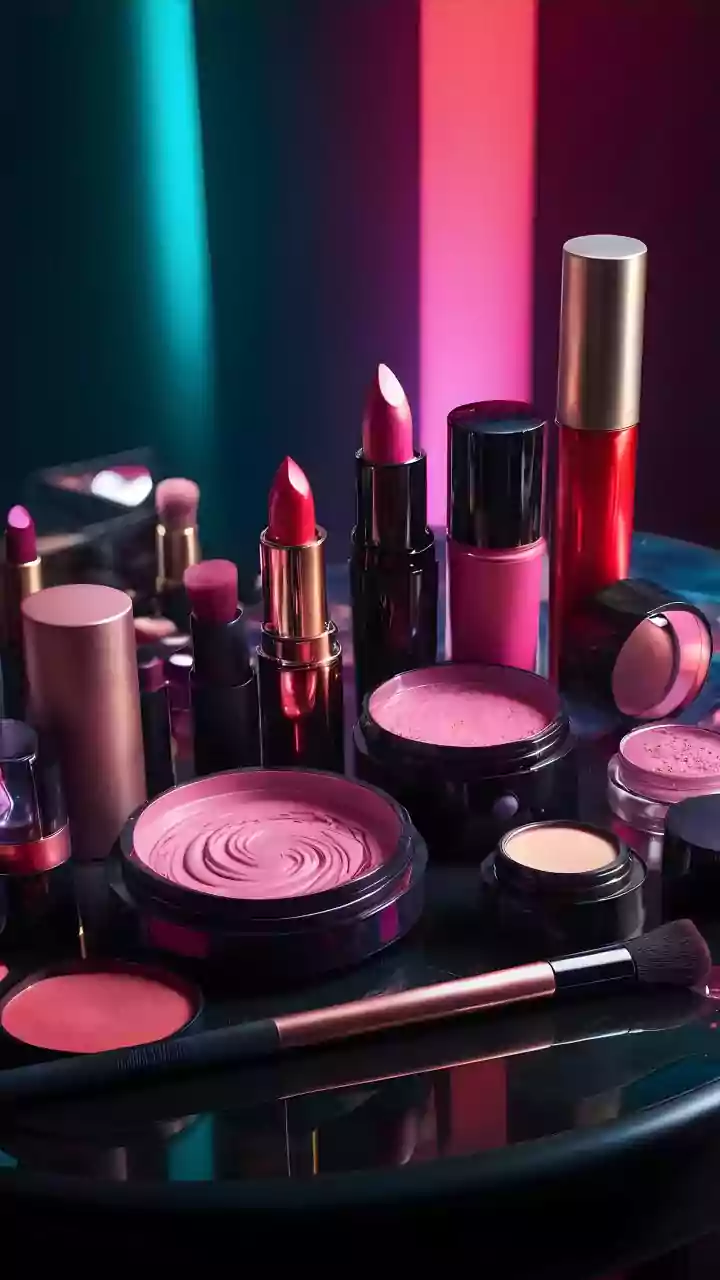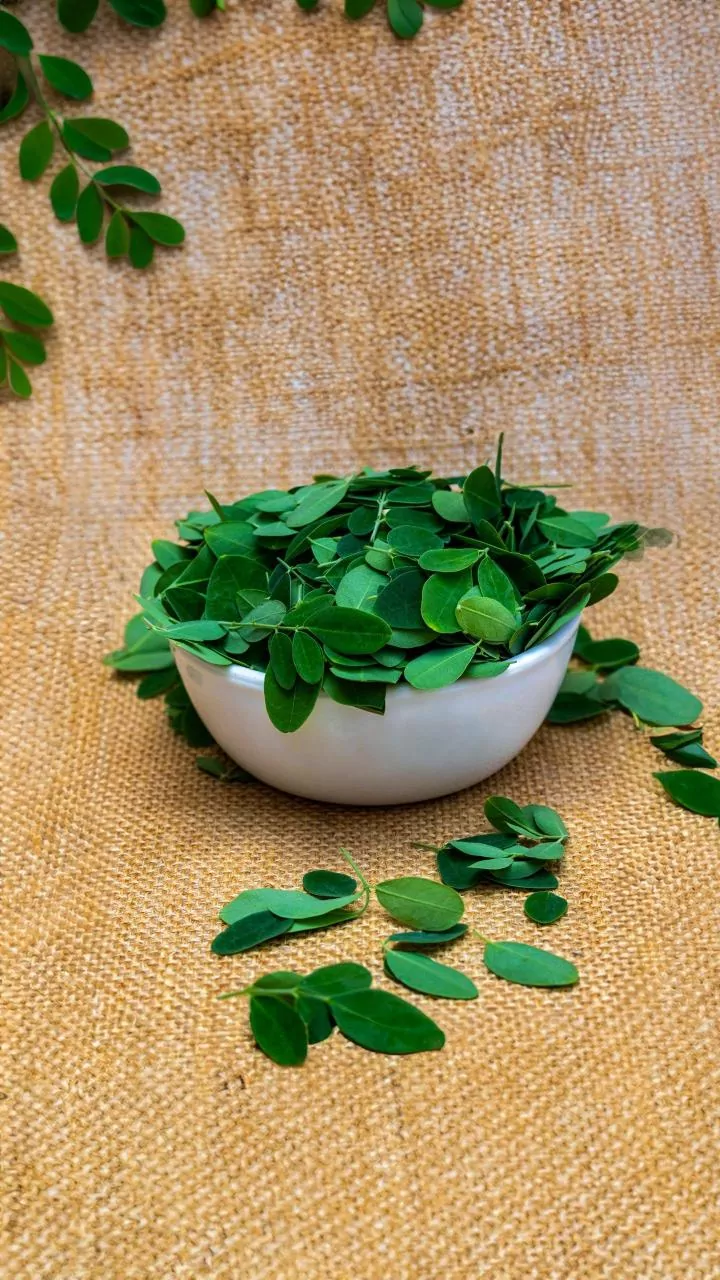Debunking 10 Skincare Myths: Unveiling the Truth for Radiant Skin. Discover the facts behind common skincare misconceptions
Your skin, the largest organ in your body, deserves the best care. But with so
many beauty tips and advice floating around, it's difficult to separate fact from fiction.
Many skincare myths have been doing the rounds for years and it is important for one to not just blindly follow such myths, instead understand their skin and then use products accordingly.
Let’s dive into 10 common skincare myths and get to the truth of the matter, helping you achieve a healthy and radiant complexion.
Skipping moisturizer can worsen oily skin; use oil-free products with humectants
This is where many people go wrong. Just because your skin produces oil doesn't mean it's properly hydrated. In fact, skipping moisturizer can actually make oily skin worse. When your skin is dry, it overcompensates by producing even more oil, leading to breakouts.
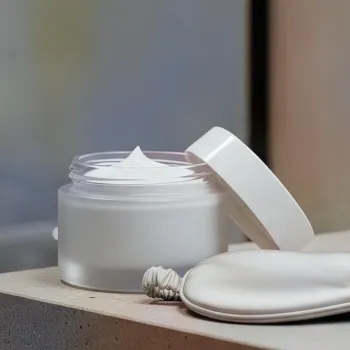
Opt for a light, oil-free moisturizer that helps to keep your skin balanced and hydrated. Look for ingredients like hyaluronic acid or glycerin, which are humectants that attract moisture without clogging pores.
Cloudy days still have harmful UV rays; wear sunscreen daily
Think again! The sun's harmful UV rays are present even on cloudy days. These rays can penetrate clouds and cause skin damage, leading to premature aging, sunburn, and even skin cancer. Make sunscreen a daily habit, whether it is sunny or overcast.

Choose a broad-spectrum sunscreen with an SPF of 30 or higher, and apply it generously to all exposed skin. Reapply every two hours, especially if you are sweating or swimming. Making sunscreen a daily habit is a small preventative measure that gives a huge return over time.
Focus on ingredients, not price, for effective skincare
Expensive doesn’t always translate to effectiveness. Many affordable products contain the same active ingredients as their pricer counterparts. The key is to focus on ingredients and formulations rather than just the price tag.
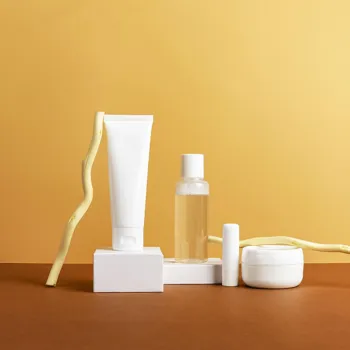
Research ingredients that are beneficial for your skin type and concerns, and look for products that contain them. Sometimes budget-friendly options work just as well, if not better!
Skincare is not just about buying expensive serums; it’s about finding the right components and consistently using them.
Tanning beds are harmful; choose safer options for a tan
This is a dangerous myth. Tanning beds emit harmful UV radiation, just like the sun, which can cause skin damage, premature aging, and increase your risk of skin cancer. There is no such thing as a "safe tan" from a tanning bed.
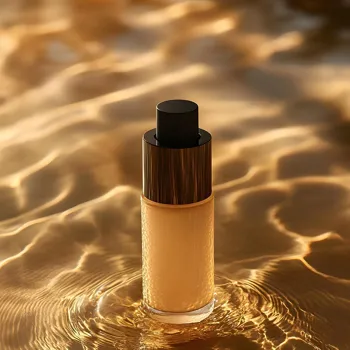
If you want a bronzed glow, opt for self-tanning lotions or sprays which don’t put your skin at risk. Embrace your natural skin tone; or choose safer alternatives instead of risking your health for a tan.
SPF 30 and 50 offer similar UVB protection; apply generously and consistently
While a higher SPF offers more protection, the difference between SPF 30 and SPF 50 is not as significant as you might think. SPF 30 blocks about 97% of UVB rays, while SPF 50 blocks about 98%. The most important thing is to apply sunscreen generously and reapply it every two hours.

Just because a product has higher SPF doesn’t mean you can skimp on the application or reapplication. Consistency is key.
Cleansing wipes not a substitute for proper cleanse
In a pinch, cleansing wipes can be convenient but they are never an adequate replacement for a proper cleanse. Wipes often just move dirt, makeup and oil around on your face, rather than removing them completely. This can leave residue that clogs pores and leads to breakouts.
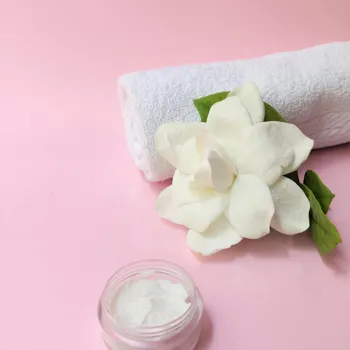
It is always better to use a gentle cleanser and water to thoroughly cleanse your skin, followed by a good moisturizer for a radiant look.
Pores don't open/close, use lukewarm water for skin care
Pores don’t open and close like doors. They don’t have muscles to do so. Hot water can strip your skin of its natural oils, leaving it dry and irritated. Cold water can be refreshing, but it doesn't shrink pores.
Use lukewarm water when cleansing your face to effectively remove dirt and oil without causing irritation. This gentle temperature helps maintain the skin's natural balance.
Toothpaste not ideal for skin; may harm more than help
This is a common home remedy, but it can actually do more harm than good. Toothpaste contains ingredients like baking soda and hydrogen peroxide, which can dry out the skin, but it can also cause irritation and redness.
It isn't formulated for skin, and it can cause chemical burns and post-inflammatory hyperpigmentation. Instead, use targeted acne treatments that are specifically formulated to treat breakouts. Look for ingredients like salicylic acid or benzoyl peroxide.
Exfoliate gently to avoid skin damage
While exfoliation is important for removing dead skin cells and revealing brighter skin, over-exfoliating can damage your skin's barrier. This leads to redness, irritation and sensitivity. Exfoliate 1-3 times a week, depending on your skin type and the exfoliant you are using.
Choose gentle exfoliants like AHAs or BHAs, or a mild physical scrub. Never over do the process as it can damage the skin's natural ability to recover.
Genetics play key role in skin health, choose skincare wisely
While skincare products and habits absolutely make a difference, genetics play a significant role in determining your skin type, its sensitivity, ageing process, and overall health. You might be predisposed to certain conditions like eczema, acne, or rosacea due to your family history.
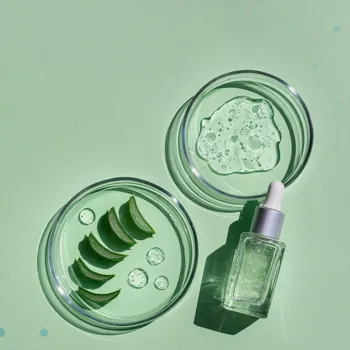
Understanding your genetic predispositions will enable you to choose the right skincare and lifestyle habits and consult with experts to manage your skin better. You can’t change your genes but understanding them empowers you!
Debunked skincare myths for informed choices in routine
Taking care of your skin involves being well informed. Now that we’ve debunked these common skincare myths, you can make more informed choices for your skincare routine. Remember, consistency and choosing products that suit your skin type are the keys to achieving a healthy and glowing complexion.
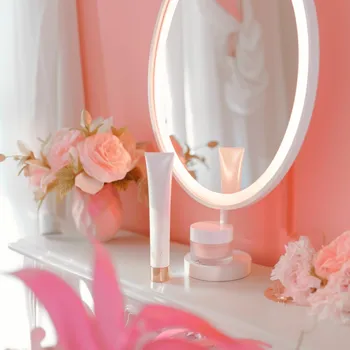
Always consult a dermatologist if you have specific skin concerns, and don't be afraid to experiment to find what works best for you.

